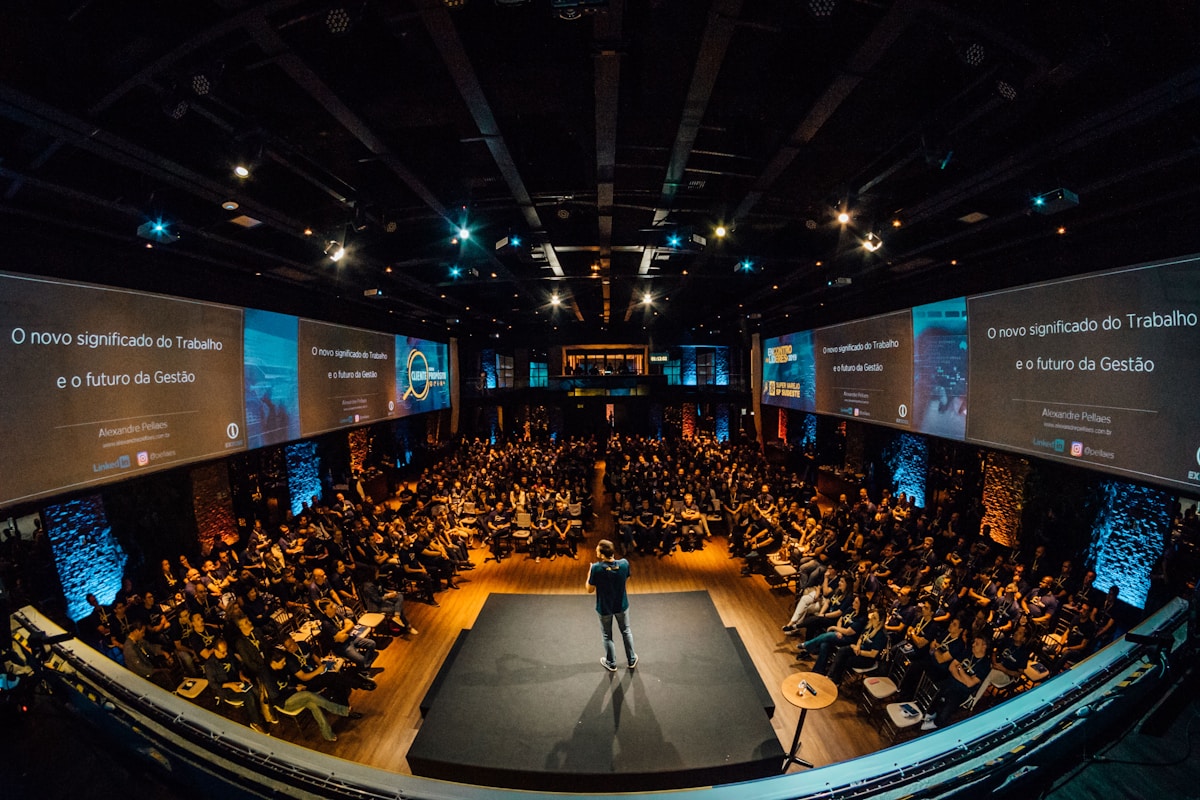So Anthropic just dropped a bomb that's got everyone in the AI space either really excited or low-key nervous. Claude 3.5 Sonnet can now... use your computer. Like, actually move your mouse, click buttons, type stuff, take screenshots—the whole nine yards.
Yeah, I had to read that twice too.
What We're Actually Talking About Here
The feature's called "computer use" (creative name, Anthropic), and it's in public beta as of October 22nd. Here's how it works: Claude can see your screen through screenshots, figure out where things are by counting pixels (seriously), and then interact with literally any software on your desktop—moving the cursor, clicking, typing, the works.
My first thought? "This is either going to be incredibly useful or a complete disaster." Possibly both.
Unlike OpenAI's Code Interpreter which runs in a sandboxed environment, this version of Claude is working with actual desktop applications. Companies like Replit, Asana, and DoorDash are already testing it for complex workflows that need dozens of steps to complete. The example that caught my attention: Replit is using it to evaluate apps while they're being built. That's... actually pretty smart.
The Demo That Made My Toes Curl
Alex Albert, Anthropic's head of Claude relations, shared some amusing (read: terrifying) moments from their internal testing. During one demo, Claude accidentally stopped a long-running screen recording, losing all the footage. In another instance, it just... wandered off task and started browsing photos of Yellowstone National Park.
I mean, relatable? But also, yikes.
The thing is, Claude is already performing really well on coding benchmarks—they're claiming 49% on SWE-bench Verified, which beats everything else publicly available including OpenAI's o1-preview. In tool-use tasks, it jumped from 62.6% to 69.2% in retail scenarios.
Let's Talk About the Elephant in the Room
Anthropic knows this is sketchy territory. They've got a big red warning box in their docs basically saying "hey, this could go sideways." The main concern? Prompt injection. Claude might follow instructions it finds on websites or in images, even if those instructions conflict with what you actually told it to do.
Someone I know at a cybersecurity startup pointed out the obvious: this makes it trivially easy to automate malicious tasks at scale. Getting a machine to visit a site and download malware? That just got a whole lot simpler.
But here's what's interesting—Anthropic positioned themselves as the "safety-first" alternative to OpenAI, yet they're releasing this potentially risky feature in public beta. The consensus seems to be: the best way to make AI safe is to get it in front of people quickly and learn from real-world use. Which is... pragmatic, I guess? But it definitely feels like we're all beta testers for something with real consequences.
What This Actually Means
Right now, you need to run this in a virtual machine (they've got a Docker container ready to go), so it's not like Claude is just running wild on your actual laptop. Yet. But the implications are pretty clear—we're moving from AI as a chat interface to AI as something that can actually do things in our digital environments.
The applications are legitimately exciting. Collecting data from multiple websites and organizing it into a spreadsheet? Building and debugging a website from scratch? These are tasks that currently eat up hours of human time. I tried the vendor request form demo they showed—Claude pulling information from different systems and filling out forms automatically—and yeah, that would save me a ton of time every month.
My Honest Take
Look, I'm simultaneously impressed and a bit wary. The technology is genuinely remarkable—watching AI navigate software the same way humans do feels like a real inflection point. But we're also watching the "move fast and break things" mentality applied to systems that could have serious security implications.
The fact that it's still slow and error-prone is almost reassuring? Like, at least we have time to figure out the guardrails while it's not quite good enough to cause real damage. But that window is closing fast.
Companies like Canva and Cognition are already building this into their products. GitLab saw a 10% performance boost in DevSecOps tasks using the upgraded Claude 3.5 Sonnet. This isn't staying in the lab—it's going mainstream whether we're ready or not.
I guess what I'm saying is: keep an eye on this one. The next few months are going to be wild.
